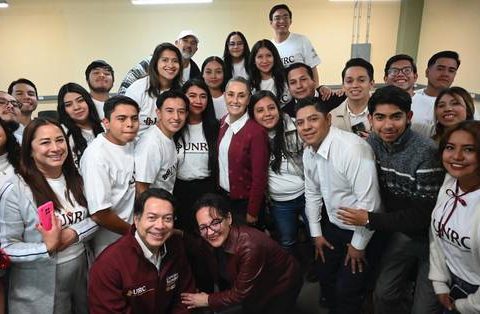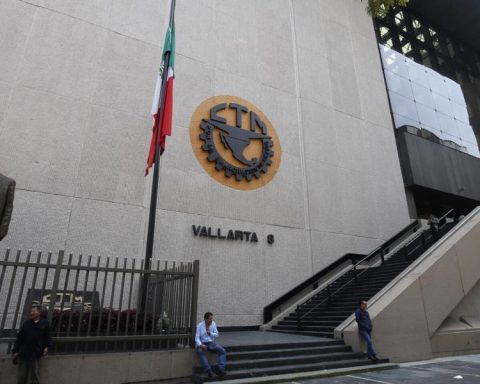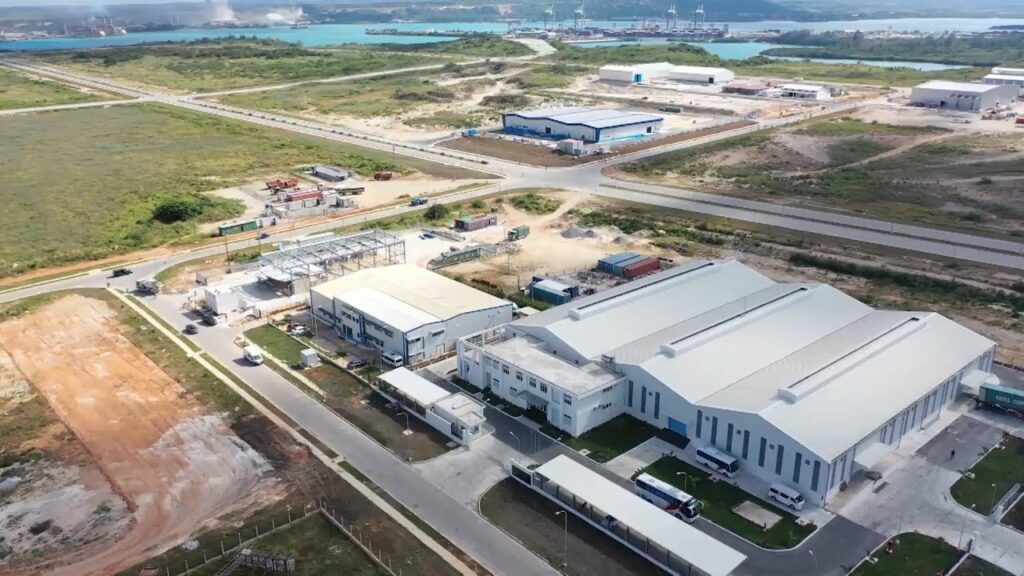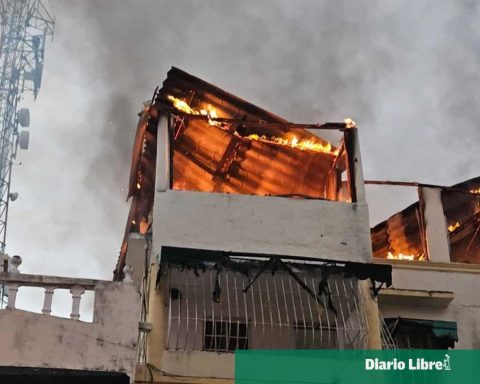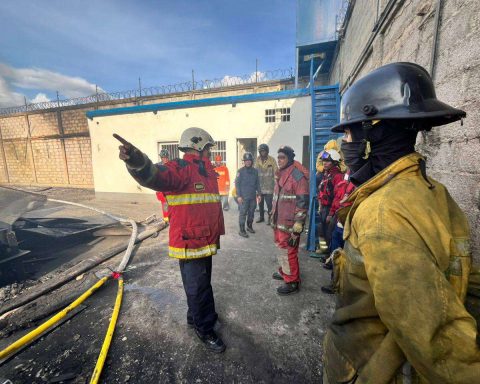AND
the government of Luis Echeverría saw the New University project and its early achievements as a threat. Not only did it mean a fundamental university reform, but it had attracted the participation of sectors of politically active young people trained in the experience of the then very recent movement of 1968.
Counteracting that reform meant getting rid of González Casanova and promoting an alternative project. This alternative project was prepared by the SEP, together with some academics from UNAM itself, and presented as Anuies project
. Added to the education reform
of Echeverría for basic education, this project of the SEP for upper secondary and higher education materialized in the creation of the Autonomous Metropolitan University and the College of Bachelors.
The Echeverría government project for higher education was, in essence, almost entirely the opposite of the New University project. The project of the Echeverría government had a dual purpose: academic-modernizing and political-police. It was proposed to expand the registration of the baccalaureate, but to make it a terminal cycle
; it also intended, through the baccalaureate reform, to control and restrict access to higher education. For this, a concrete measure was to separate all high schools, including those of the UNAM and the IPN, from the universities and institutions of higher education.
“The fact that secondary education –said the SEP document– is integrated into universities, originates the tendency among almost all students to continue towards bachelor’s degrees, and prevents conceiving the (high school) cycle as an end in itself same.” With the creation of the Colegio de Bachilleres, the aim would be to “give independence and institutionally separate upper secondary education from higher education. […] and regulate the growth of the UNAM, the IPN, the University of Guadalajara and others”.
The document made its political purposes explicit. With this it would be possible to “avoid political and social problems […] the excessive growth of other institutions would stop… universities could be more selective […] and the direct participation of private initiative in education would be allowed”.
With the purpose of combating the activism of university students, the SEP project involved several measures: to establish university units of a reduced size that would allow greater control, even restrict physical access to the campuses through adequate fences and gratings (the open campus of the University City judged him undesirable). Also for political purposes, the courses would be organized in trimesters so as to avoid the consolidation of groups of students who lived together for a longer time.
All these measures were specified in a confidential document whose authenticity could be questioned. But the document presented later by the National Association of Universities and Institutions of Higher Education (Anuies) and approved by the Echeverría government promptly collected the policies defined there. The subsequent actions of the SEP, Anuies and UNAM coincide with these policies.
The document recommended “taking strong measures… act with energy, speed and objectivity.” And they acted quickly, in September 1973 the College of Bachelors was launched. For this reason, the general director of the new institution gave a press conference, in which he said, among other things, that this school, directly dependent on the SEP, would go incorporating into its control and its systems, little by little, all the preparatory schools of the universities and the Polytechnic, of private institutions, in order to fulfill the agreements, purposes and goals that gave rise to that institution. This institution will manage all upper secondary education throughout the country
.
No authority, neither from the SEP, nor from the UNAM or the Polytechnic denied the official, nor did they make the slightest comment. In fact, for some time now, the UNAM authorities, headed by Dr. Soberón, were already committed to this SEP project. In April 1973, the construction of extensions to the campus buildings of the high school unit of the College of Sciences and Humanities was suspended. Important groups of students and teachers from the CCH became concerned about this situation and organized meetings, rallies and assemblies with the demand that the works continue. Weeks later, these works continued, without further explanation.
The following personal testimony seems indispensable to me. Concerned about this situation, a commission of teachers and students appeared at the general coordination of the CCH and announced that in an assembly they had agreed to press for the works to continue. I was then general coordinator of the College of Sciences and Humanities. I went to the rectory to find out what was happening and they told me to speak with the general director of Planning of the university, Enrique Velazco Ibarra, who, more or less, told me: Look, see that this uproar subsides, all this is going to end, all the high schools in the country are going to be part of a new body dependent on the SEP
. This happened months before the SEP made public its intention to create the Colegio de Bachilleres. Finally, the constructions in process continued, but the development of the CCH stopped there.


